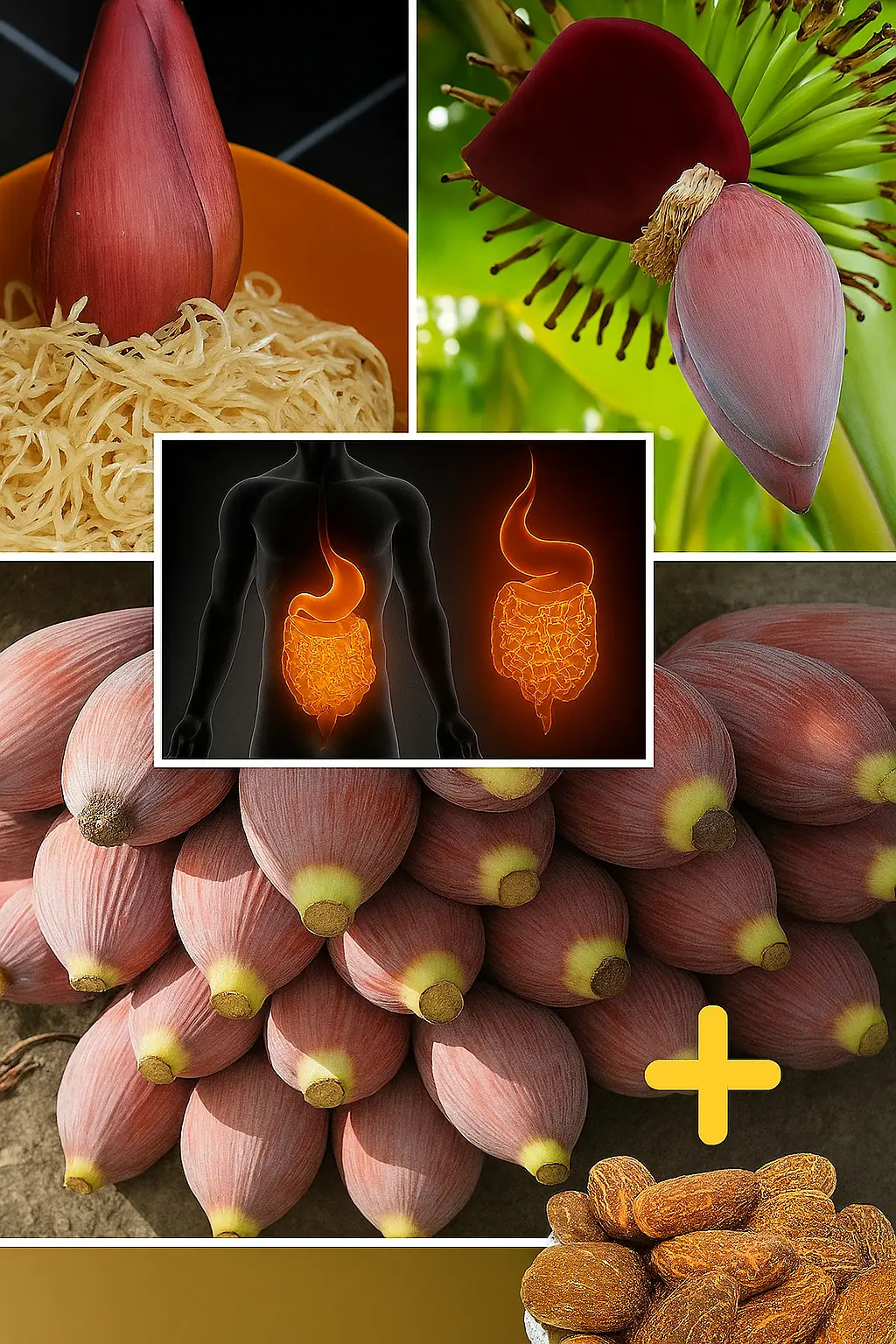
5 Hard Realities About Being a Beautiful Woman
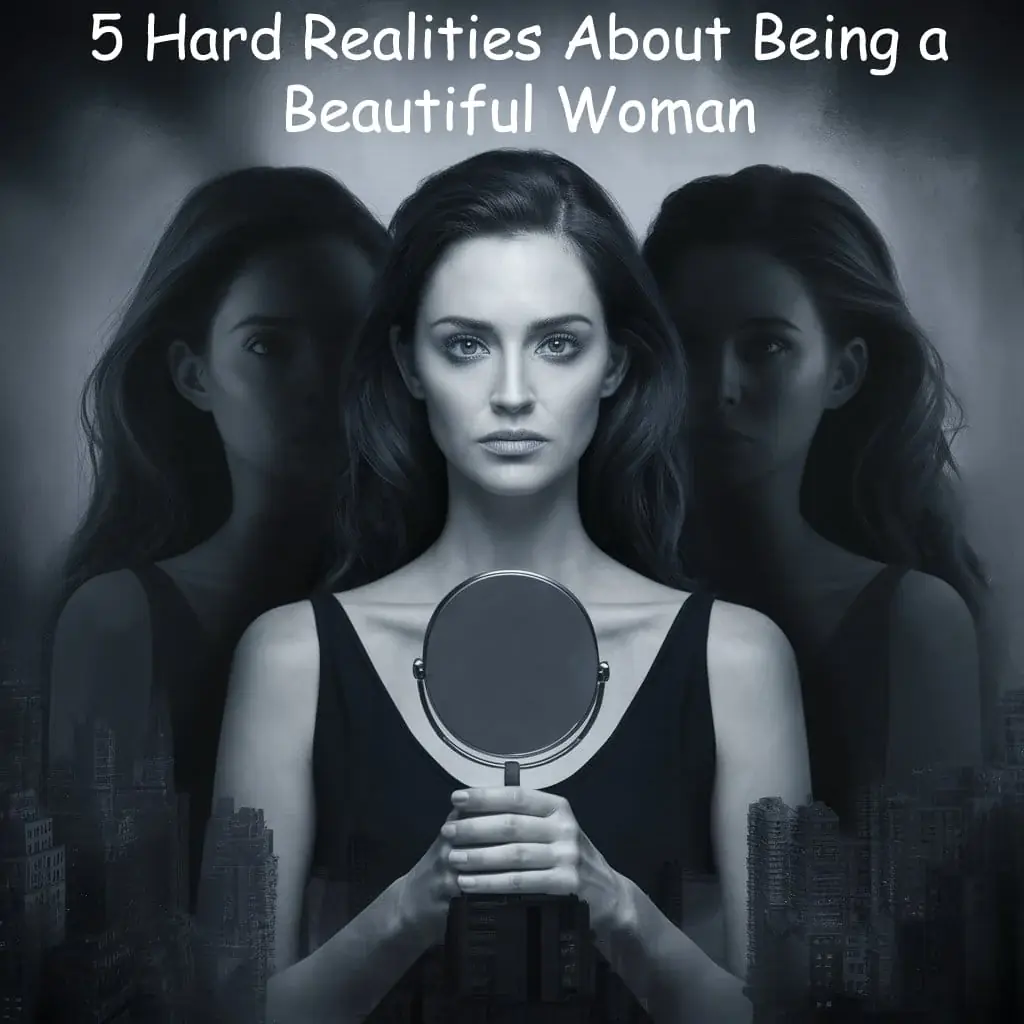
In a world that glorifies physical beauty, it’s easy to assume that being attractive paves the way to a perfect life. From magazine covers to social media feeds, beauty is celebrated as a marker of success, desirability, and even value. Yet beneath the surface of admiration lies a complex reality: for many beautiful women, beauty is both a privilege and a burden.
Far from being a free pass to happiness, beauty often brings with it emotional and social challenges that are rarely discussed. Here are five difficult truths about being a beautiful woman—truths that reveal how the pressure to be perfect can take a deep and lasting toll.
1. They Are Constantly Objectified
For many beautiful women, being reduced to their appearance is a daily reality. Objectification means being seen more for how you look than for who you are. Whether it’s unsolicited comments, lingering stares, or being treated as an ornament rather than a person, the experience can be deeply dehumanizing.
While compliments may seem flattering, when they focus solely on physical features, they often feel shallow. Worse, achievements, talents, and intelligence may be overshadowed by appearance. This constant emphasis on looks can lead to emotional fatigue and a diminished sense of self-worth.
2. They Long for Recognition Beyond Their Looks
Society often assumes that beautiful women are brimming with self-confidence. But the truth is, many feel unseen beyond their physical appearance. When attention is consistently tied to looks, it creates a longing to be valued for one's mind, personality, or deeper qualities.
This pressure to maintain perfection can be overwhelming. Behind every perfectly styled photo or polished exterior is often a desire for genuine connection and meaningful validation. Without it, many beautiful women experience frustration, emptiness, and a disconnection between how they're perceived and who they truly are.
3. They Battle Insecurities Like Everyone Else
Despite outward appearances, beauty doesn’t erase internal doubt. In fact, the pressure to “stay beautiful” often fuels insecurity. Concerns about aging, changing bodies, or no longer fitting societal standards can become a source of anxiety.
Some may struggle with imposter syndrome—feeling undeserving of praise or attention. Others may fear that without their looks, they won’t be accepted. These insecurities, though invisible to the outside world, can deeply affect mental health and emotional well-being.
4. They Face Unique Challenges in Dating
While beautiful women are often assumed to have endless romantic options, the reality is far more complicated. Many struggle to find partners who see beyond their appearance. Superficial attraction can mask deeper motives, making it difficult to form genuine, lasting relationships.
The constant question of whether someone is interested in who they are—or merely how they look—creates a barrier to trust. Over time, this can lead to loneliness, emotional withdrawal, and even fear of intimacy.
5. Their Struggles Are Often Dismissed
Perhaps the most overlooked challenge is that beautiful women’s problems are frequently minimized. The assumption that beauty guarantees happiness can prevent others from recognizing their emotional struggles.
Unrealistic expectations, relentless scrutiny, and a lack of empathy can leave them feeling isolated. Their pain, often invisible, is easily dismissed with phrases like “You’re too pretty to be sad.” Yet behind the praise lies a very real need for support, understanding, and validation.
Final Thoughts
Being beautiful in a beauty-obsessed world can be as challenging as it is celebrated. Beneath the admiration and envy lie pressures, insecurities, and emotional burdens that many never see.
It's time to move beyond the surface. True compassion means recognizing that everyone—regardless of appearance—deserves to be seen for who they are, not just how they look. Only by acknowledging these unseen struggles can we begin to foster deeper empathy, healthier relationships, and a more human definition of beauty.
News in the same category


The Secrets Your Thumb Shape Reveals About Your Personality

How True Love Shows Itself During Intimacy

Optical illusion reveals what kind of lover you are

The Chocolate You Pick Reveals What Kind Of Woman You Are
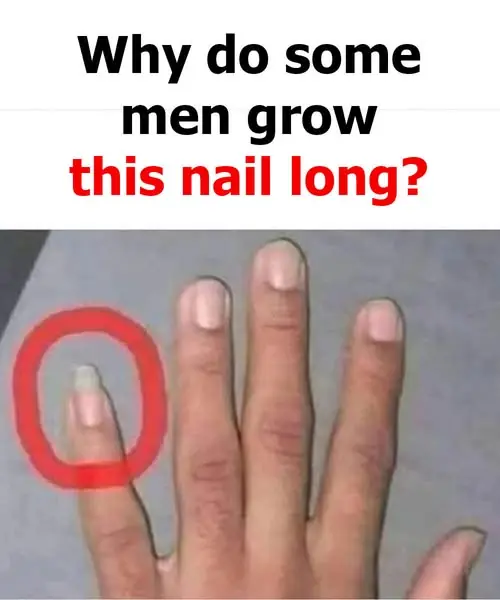
Why Do Some Men Keep Their Pinky Fingernail Long? The Hidden Meaning Behind a Tiny Tradition

Raccoons Can Remember You—For Over Three Years

The Surprising Power of Scent: How Male Underarm Sweat May Affect Women's Hormones and Mood

Why Do Men Kneel on One Knee When Proposing?

The Eagle’s Response: A Powerful Lesson in Rising Above

Reasons why women cheat, according to a relationship expert

What is High-Functioning Alcoholism?

What Do You See in the Image? A Goat or an Eagle? Your Brain Might Decide!

Why Do Dogs Smell Certain Parts of the Body? Uncovering the Mystery

🐱 What Does It Mean When Your Cat Shows You a Mouse?

Point Nemo: The Most Remote Place on Earth—Closer to Space Than Humanity

Staying at Home with Your Children is Harder Than Going to Work
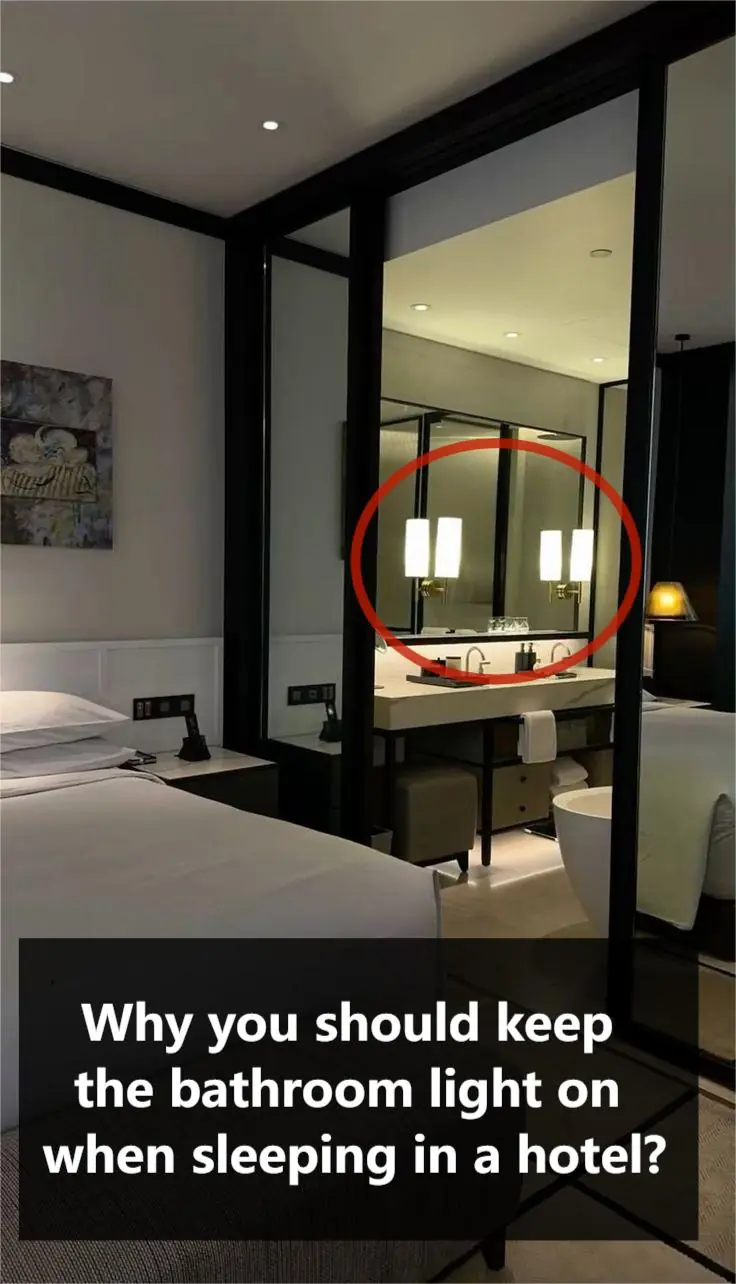
This is why you should keep the bathroom light on when sleeping in a hotel
News Post

Oh My God, This Is Why I Boil Watermelon Seeds! 🍉🔥

How to Make Ginger Juice – No Sugar

Keeping Your Liver & Intestines Healthy: A Simple Daily Drink Recipe

Boost Your Health with a Miracle Drink

🌿 The Timeless Wisdom of Dr. Norman Walker: The Philosophy of Health and Longevity

Drink Lemon Water: 13 Problems It Can Solve Without Pills

This Banana, Avocado & Carrot Smoothie Will Transform Your Health in One Sip!
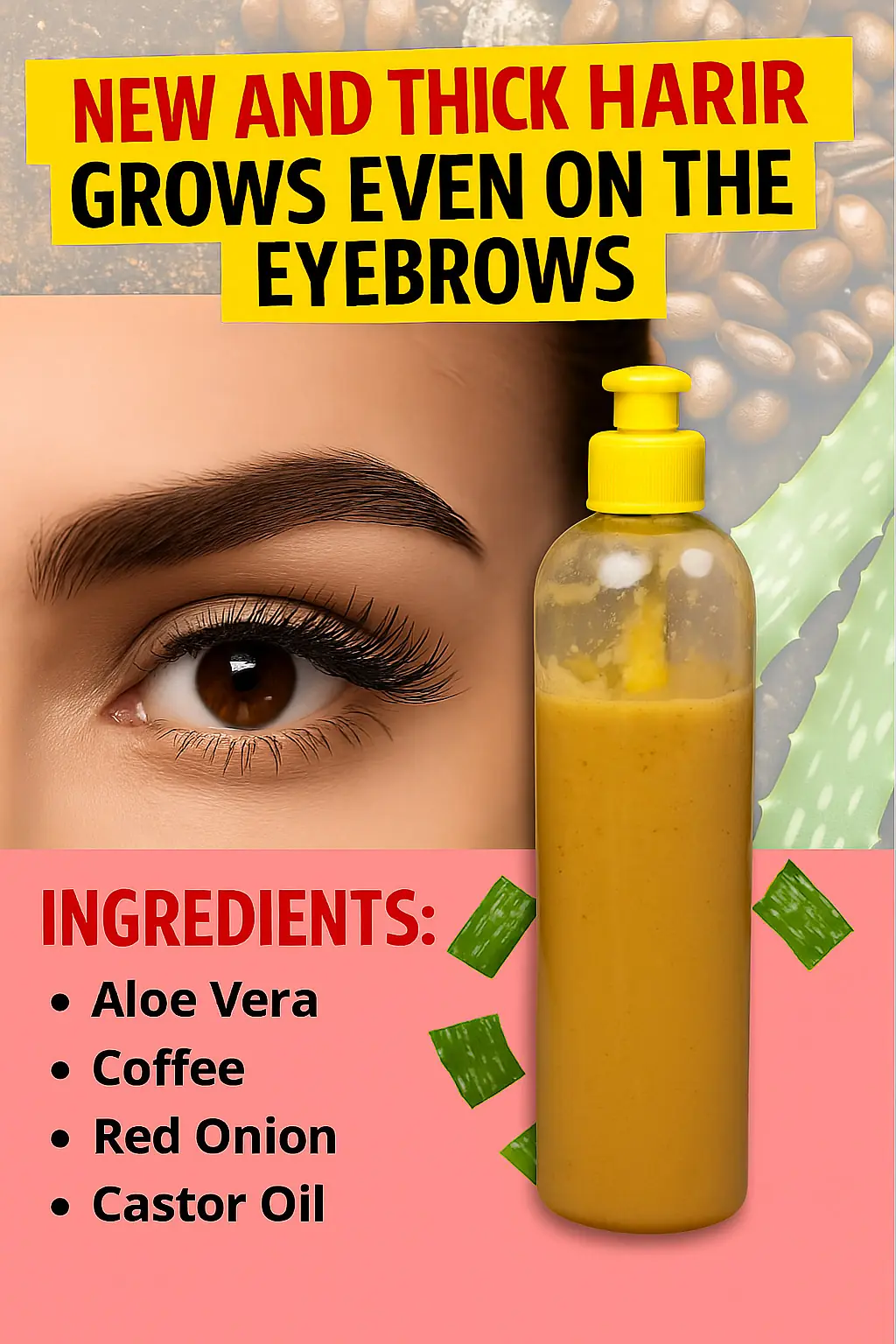
Stop Hair Loss Now: The Ultimate Natural Mask to Transform Your Hair in Weeks!

Unleash Your Inner Glow: The Ultimate Watermelon, Carrot, Beetroot, and Ginger Juice Revolution!
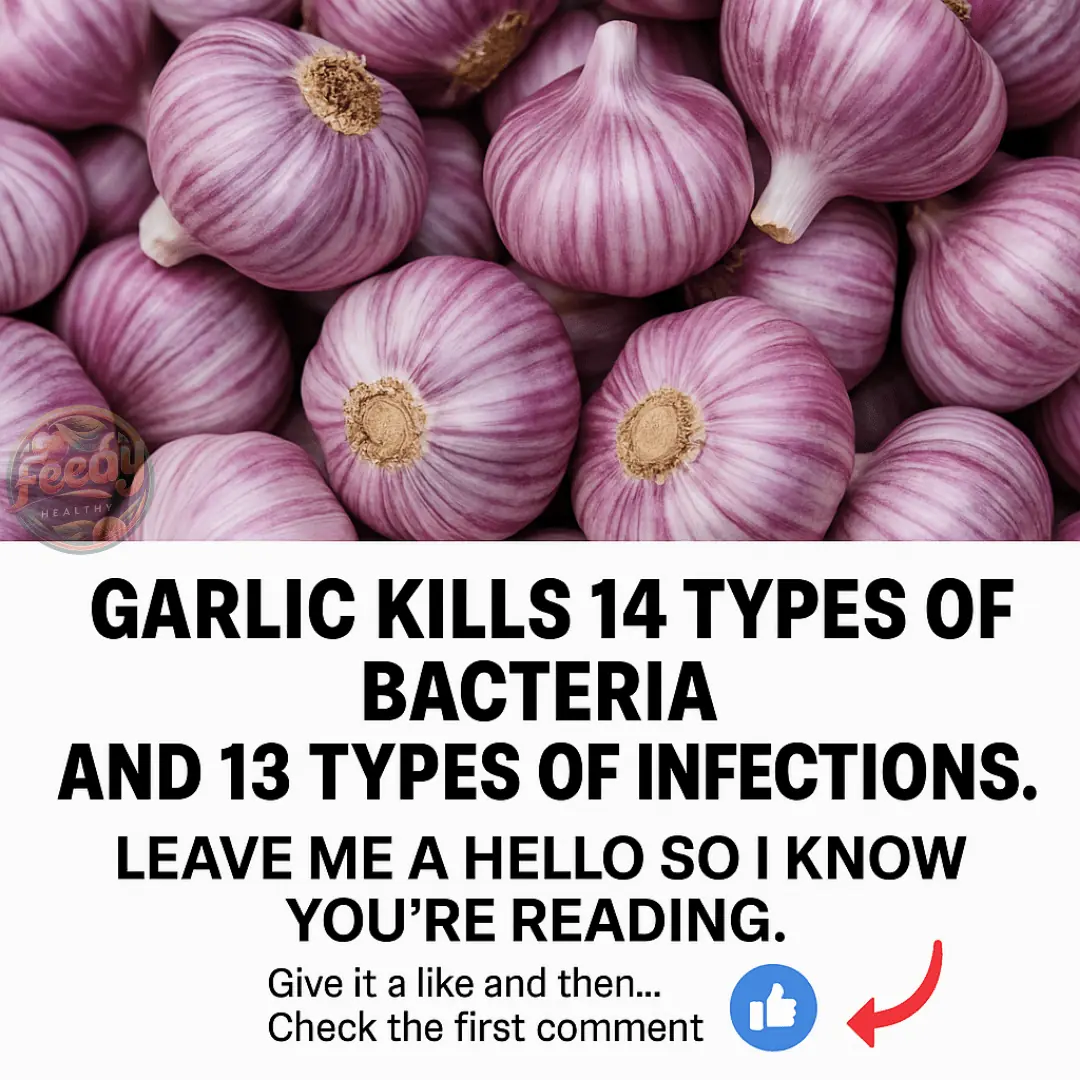
Garlic and Cloves: Two Treasures for Your Health

🥭 Mango Mille Crêpe Cake Recipe

What To Say After Kissing

5 Clear Signs Someone Is Falling In Love With You Read More Here... https://themindsjournal.com/signs-someone-falling-love/?ssp_iabi=1683094968975

Lime, Garlic, and Turmeric Elixir: Nature’s Ultimate Boost for Men’s Vitality

Detox Your Body Naturally: No Juices, No Fads, Just Real Results

Mimosa Pudica: The Shy Plant Hiding a Health Revolution
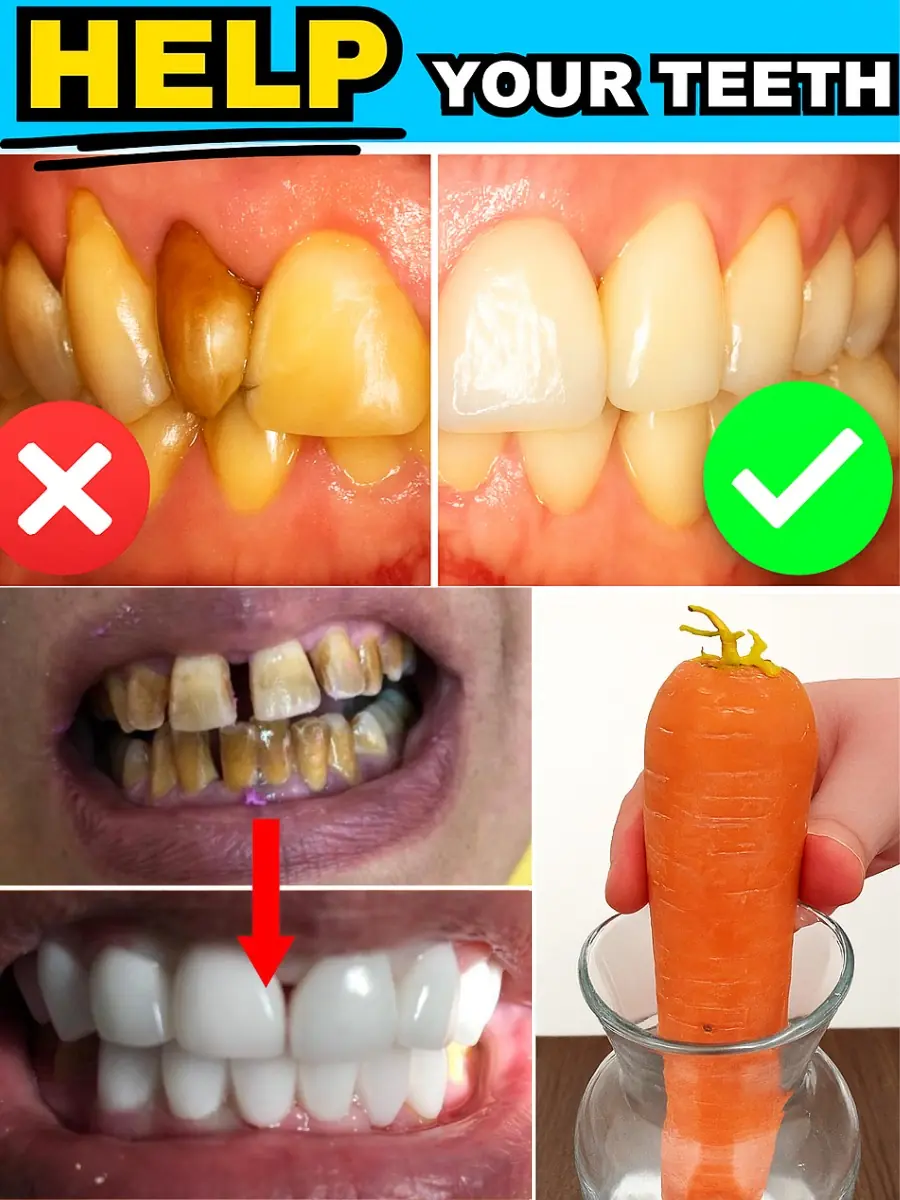
Shocking Carrot Secret: Whiten Your Teeth in Just 2 Minutes for a Dazzling Smile!
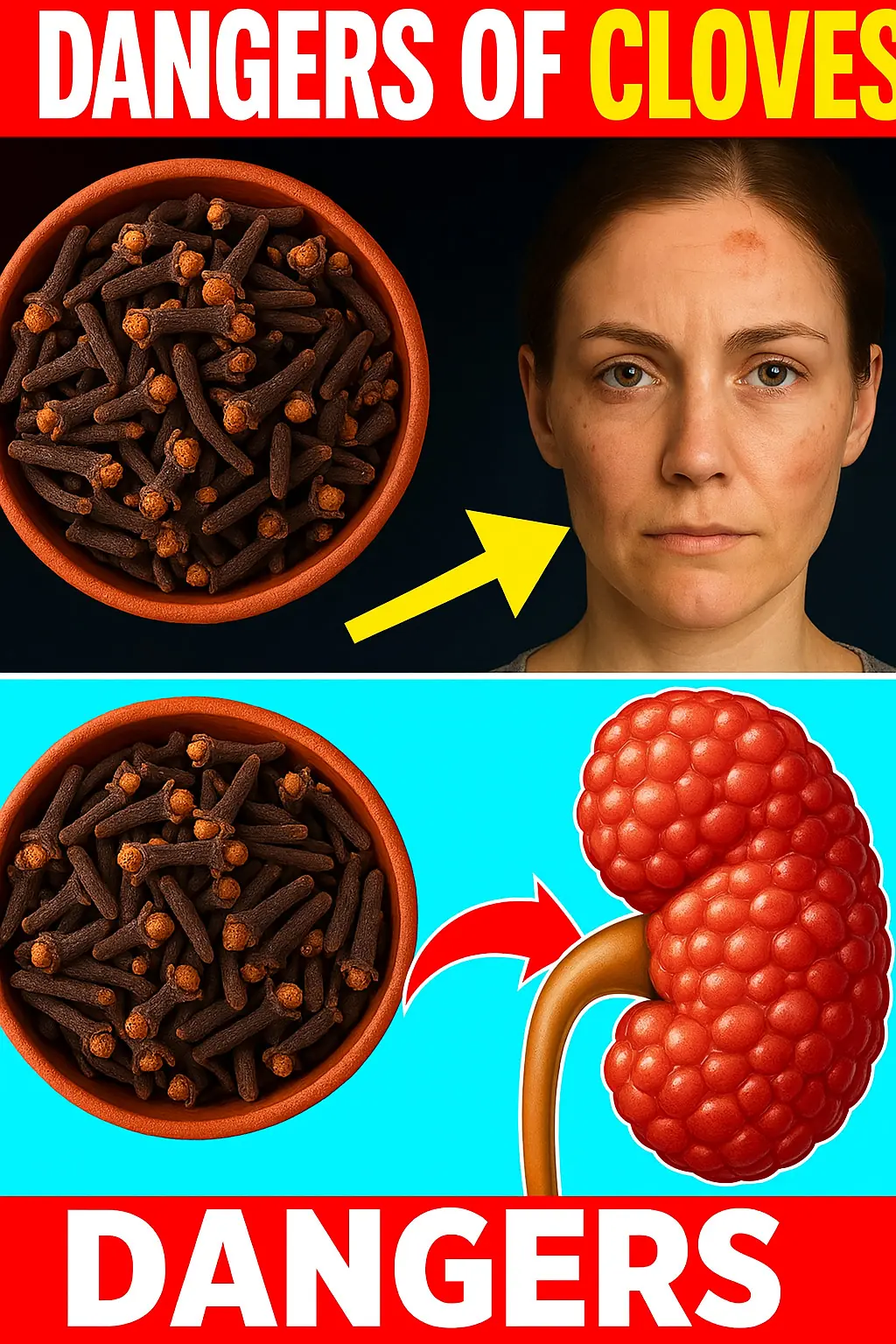
The Hidden Dangers of Cloves: What You NEED to Know Before Using This Super-Spice!
